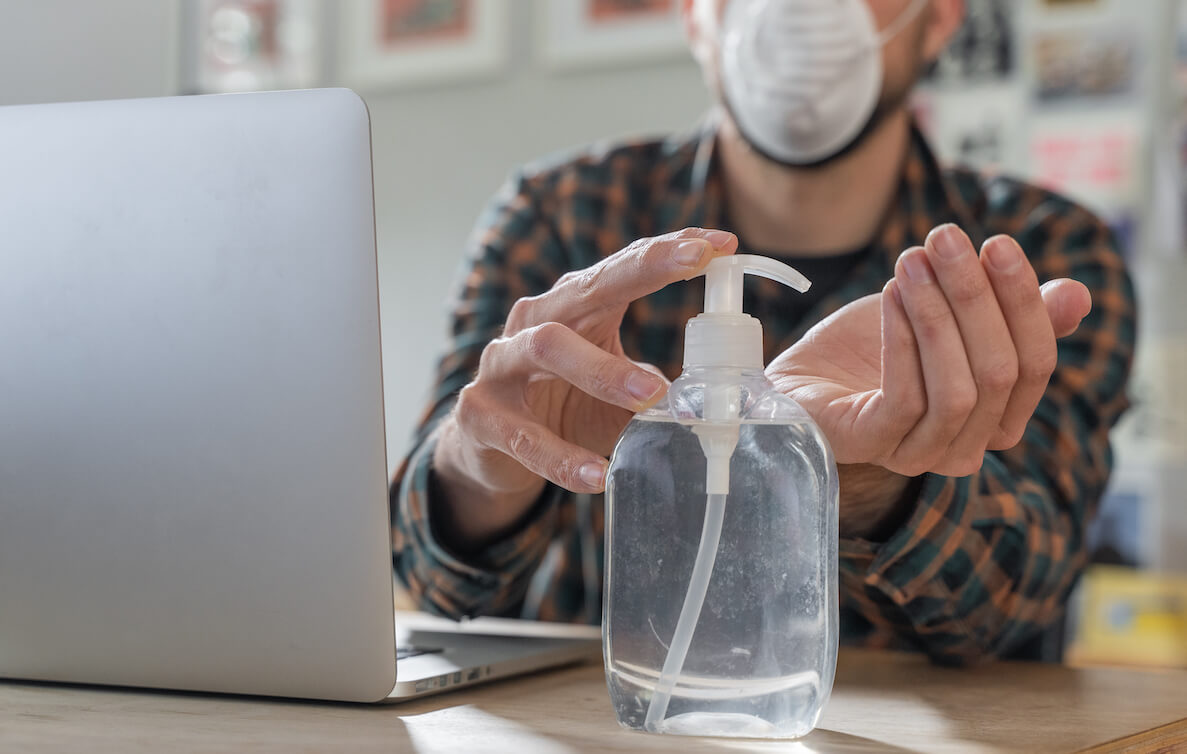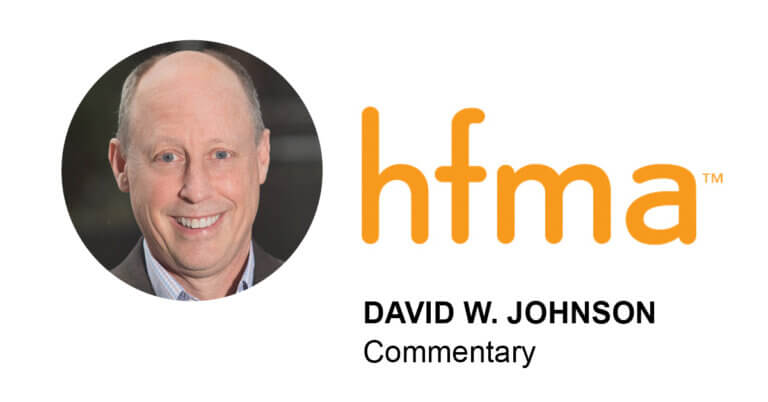June 2, 2020

COVID-19 Put the C Back in Healthcare Consumerism (that’s the uppercase C in Consumerism, not the lowercase c in Healthcare)
Restaurants across the country laid off workers, limited menus and closed because COVID-19 took away their customers. Hospitals and medical practices across the country furloughed workers, limited services and closed because COVID-19 took away their patients.
Tell me again hospitals and medical practices are different from other businesses in any other industry. They’re not. The coronavirus outbreak has shown that healthcare businesses depend on patients to stay open just as much as businesses in other industries depend on customers to stay open.
The only difference is I’m not sure most patients realize it. Most don’t think of themselves as customers. Yet, what they did because of the pandemic is to flex the collective power they have as consumers to threaten an entrenched, status-quo-loving, healthcare industrial complex-driven, $4 trillion-spending industry almost overnight.
In short, we experienced a customer revolution in healthcare!
It’s just that the customers who led the revolution don’t know it. But, I have no doubt that healthcare C-suites around the industry know it, and that’s why you’re seeing a flood of surveys of consumers on how they’ve reacted to COVID-19 and asking them what they’re going to do next. Will they go back to being passive patients again? Or, will they realize that they’re in control of how, when and where they access the healthcare system? COVID-19 can be healthcare consumerism’s aha moment.
So let’s look at what some of the surveys are saying about this subversive group of revolutionaries who through no formal, organized effort of their own has brought the healthcare industry to its knees.
> 63 percent of adults said they will wait one month to six months or more after their states lift their shelter-in-place orders to go to the doctor for routine care and appointments
That’s according to a survey of 5,379 adults age 18 or older conducted by Alpha Health, a South San Francisco-based revenue cycle management company. You can download the survey results here.
> Of the 48 percent of adults who said they skipped or postponed care because of the outbreak, 36 percent said their medical condition or health status didn’t deteriorate
That’s according to a survey of 1,189 adults age 18 or older conducted by the Kaiser Family Foundation. You can download the survey results here.
> Only 49 percent of adults said they would take a vaccine to immunize themselves against COVID-19 with 31 percent saying they’re not sure and 20 percent saying they wouldn’t get vaccinated
That’s according to a survey of 1,056 adults age 18 or older conducted by the Associated Press and NORC at the University of Chicago. You can download the survey results here.
> 90,374,389 adults said they delayed getting medical care over the past four-week period because of COVID-19
That’s according to a Household Pulse Survey of adults age 18 or older taken by the U.S. Census Bureau May 14-19. You can download the survey results here.
> 42 percent of adults said they are uncomfortable going to a hospital for any medical treatment because of COVID-19
That’s according to a survey of 1,263 adults age 18-74 conducted by the Alliance of Community Health Plans and the Academy of Managed Care Pharmacy. You can download the survey results here.
> 60 percent of privately insured patients said their health plans didn’t contact them with guidance or information on COVID-19, and 48 percent said their plans have not “shown concern for their health since the pandemic began”
That’s according to a survey of 31,283 commercially insured members of 149 private health plans conducted by J.D. Power. You can download the survey results here.
> Only 14 percent of consumers said they’ve gotten health information about COVID-19 from their local hospital or health system with just 11 percent saying they’ve gotten it from their primary-care physician
That’s according to a survey of 2,533 consumers conducted by the PwC Health Research Institute. You can download the survey results here.
> 46 percent of consumers said they have a better understanding of their health benefits since the COVID-19 pandemic started
That’s according to a survey of 1,159 consumers conducted by Deloitte. You can download the survey results here.
> 47 percent of adults said they will change how they select providers for their care after the COVID-19 pandemic is over
That’s according to a survey of 1,000 adults conducted by Sapphire Digital, a Lyndhurst, N.J.-based patient engagement platform. You can download the survey results here.
> 59 percent of adults said COVID-19 has limited their access to healthcare services either by providers canceling appointments, patients canceling their own appointments or patients postponing their own care
That’s according to a survey of 1,001 adults age 18 or older conducted by the State Health Access Data Assistance Center at the University of Minnesota. You can download the survey results here.
> 14 percent of adults said they would avoid seeking treatment for suspected COVID-19 symptoms because of the cost of care
That’s according to a survey of 1,017 adults age 18 or older conducted by Gallup. You can download the survey results here.
Well, the next 18 months in healthcare certainly will be fun to follow. What will these crazy healthcare consumers do next? Start demanding more affordable care, too?
Or, will they snap back to their old ways? Will hospitals, health systems, physician practices, pharmacies, clinics, ambulatory surgery centers, laboratories, device manufacturers, drug makers, distributors, group purchasing organizations, post-acute care providers, private accrediting agencies, health plans and other incumbents who make billions off the status quo lean back and say, “Well, that was interesting!”
I hope not.
If I ran a business in healthcare, this would be my once-in-a-lifetime opportunity to change my business model to catch the wave of healthcare consumerism promulgated by the pandemic and ride it to better value for my customers and better financial results for my organization.
What are you going to do?
Thanks for reading.
Stay home, stay safe, stay alive.





